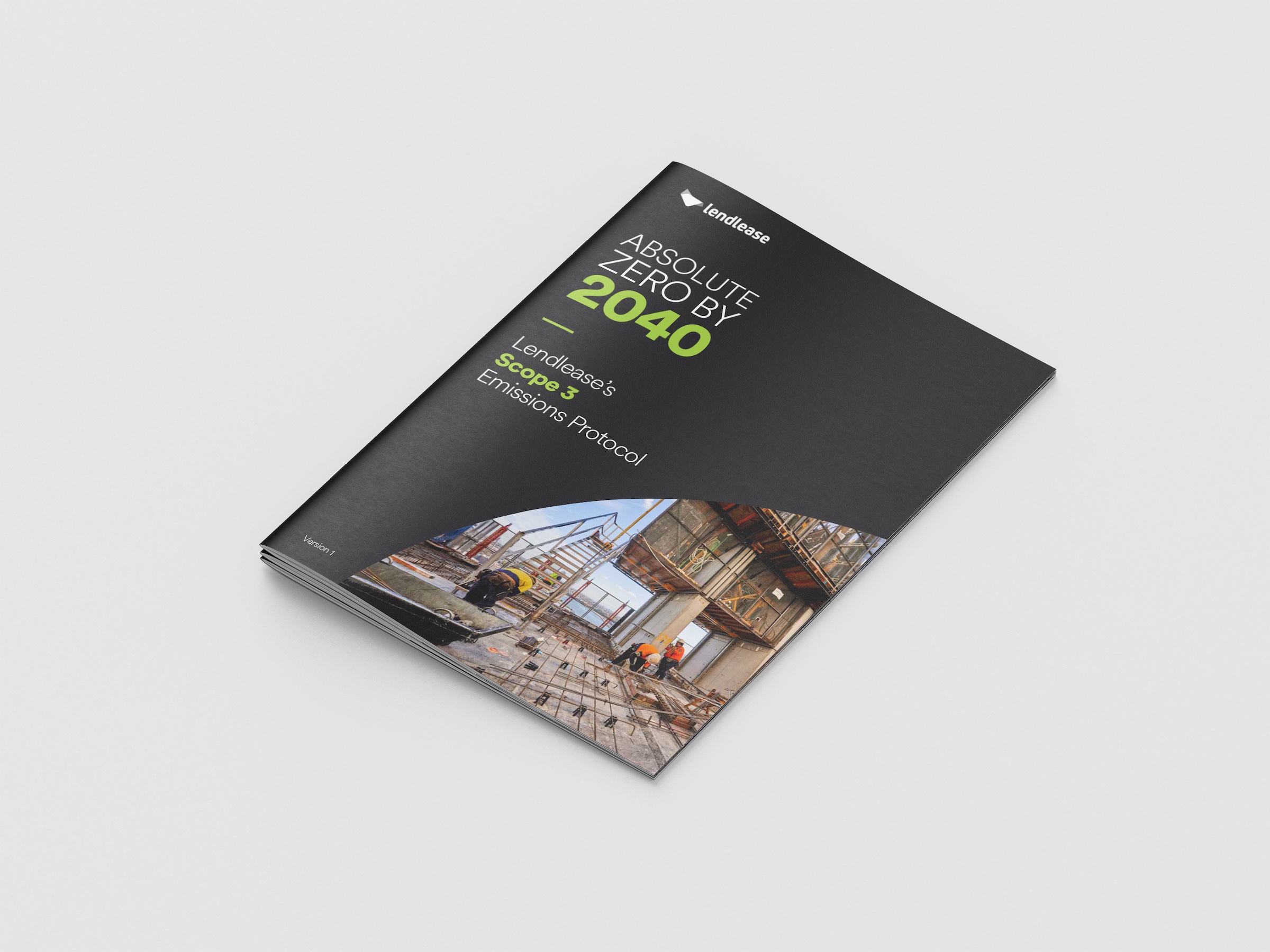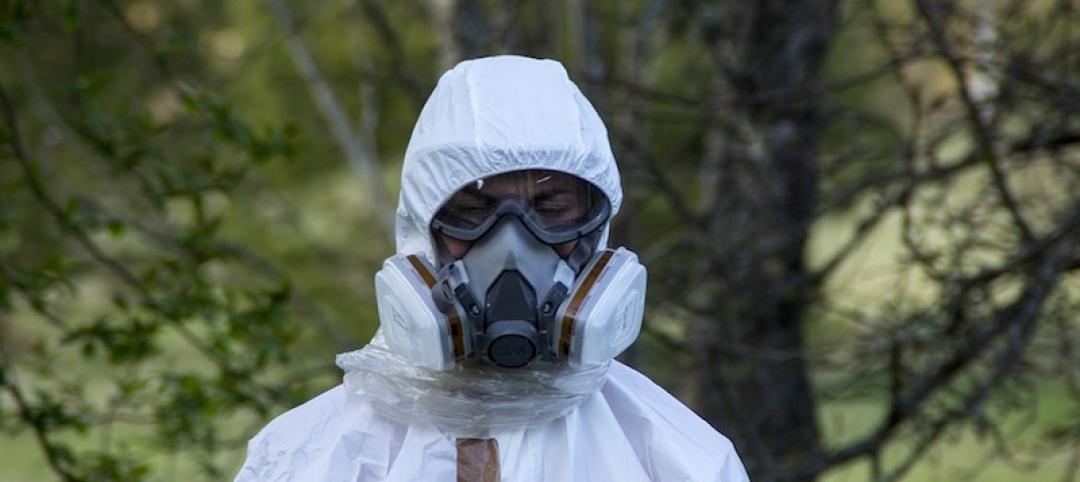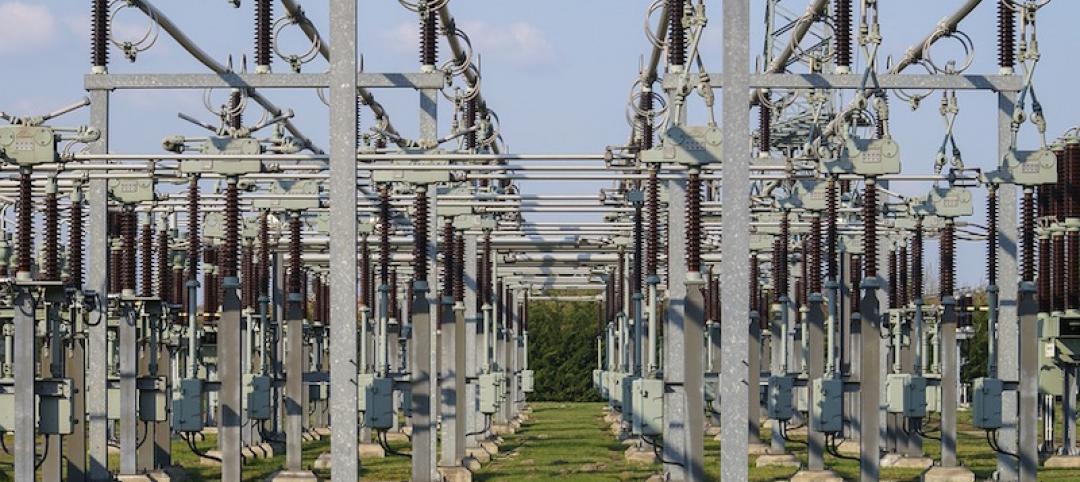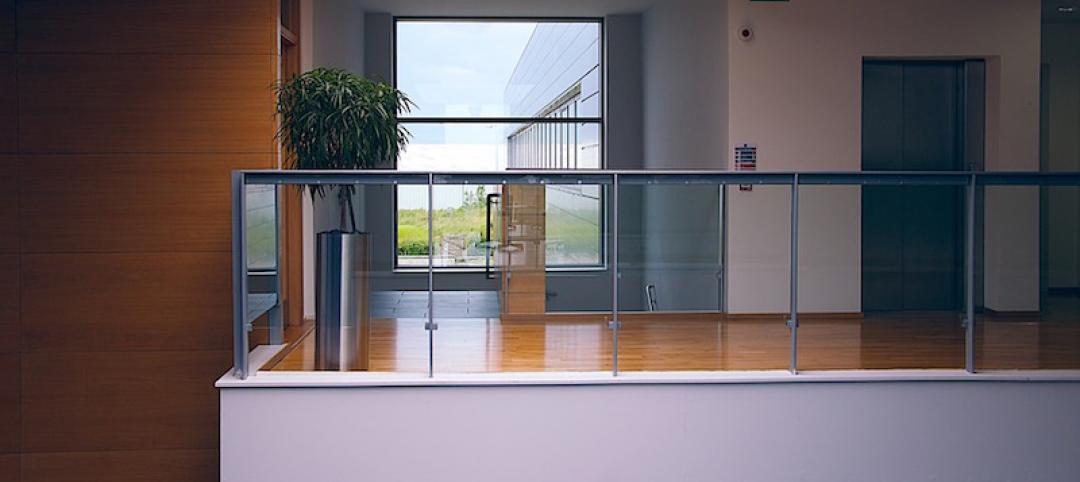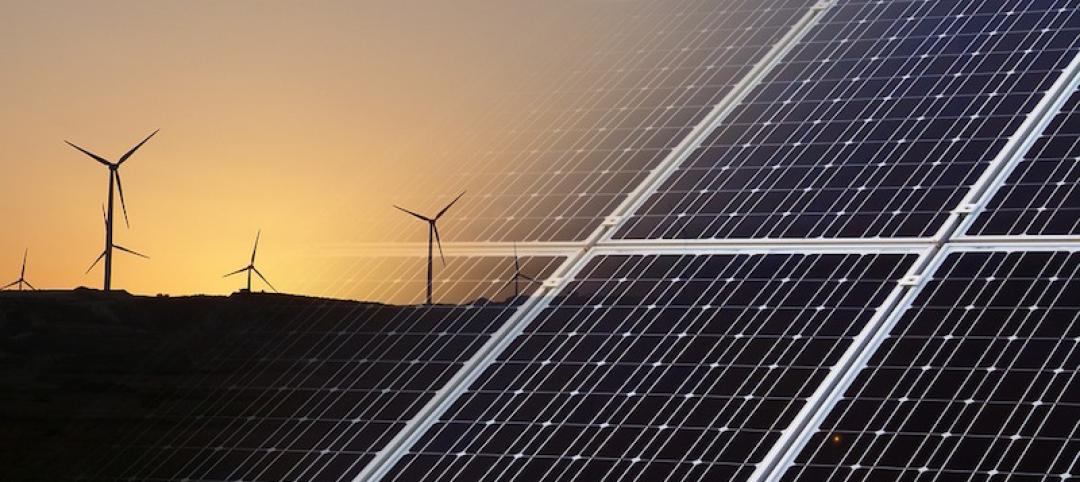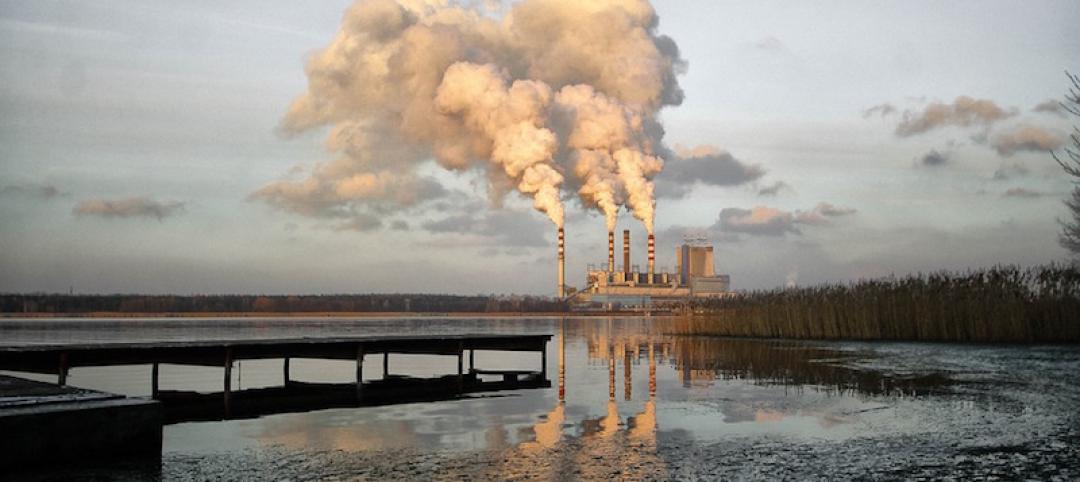Lendlease unveiled a new protocol to monitor, measure, and disclose Scope 3 carbon emissions and called on built environment industry leaders to tackle this challenge.
Scope 3 emissions are indirect emissions that occur in an organization’s value chain and often make up the majority of an organization’s carbon footprint. Lendlease says Scope 3 emissions comprise about 90% of its global carbon footprint.
Scope 3 emissions data, embedded in carbon-intensive materials such as steel, cement, aluminum, and glass, are especially challenging to track and measure. They have multiple source points and different levels of transparency, completeness, and assurance. Methods and standards for their calculation are inconsistent, and there is no standardized data exchange for them.
Lendlease is driving to change that with its new protocol that includes a Scope 3 Reporting Assessment Tool with more than 50 possible subcategories.
“We want the protocol to spark conversation and engagement across our sector, to help drive to a consensus on how to account for and report on Scope 3 emissions,” said Cate Harris, group head of sustainability. “If we can achieve this, then we can collaborate as an industry to solve the two big systemic challenges: the decarbonization of harder to abate materials, and the digitization and sharing of Scope 3 emissions data.”
Related Stories
Codes and Standards | Mar 13, 2018
OSHA delays enforcement of beryllium exposure rule
The Occupational Safety and Health Administration (OSHA) voted to delay new beryllium exposure rules until May 11.
Codes and Standards | Mar 12, 2018
L.A. mayor proposes mandatory seismic retrofits for steel buildings, daycare centers, private schools
Los Angeles Mayor Eric Garcetti has proposed a seismic retrofit requirement for vulnerable steel buildings built before the 1994 Northridge earthquake.
Codes and Standards | Mar 8, 2018
Net zero commercial building trend shows strong momentum
Almost 50% more zero energy commercial buildings under construction in 2017.
Codes and Standards | Mar 7, 2018
Dept. of Energy says 2016 ANSI/ASHRAE/IES Standard 90.1 would save 8.2% of energy costs
Favorable comparison to 2013 standard for commercial buildings.
Codes and Standards | Mar 6, 2018
Well Living Lab launches extensive study on how indoor environments affect people’s lives
Factors that impact health, performance, stress and resiliency, sleep, and comfort to be scrutinized.
Codes and Standards | Mar 5, 2018
New guide helps planners assess innovation districts
The document is designed to aid in targeting resources toward innovative and inclusive economic development based on an area’s unique strengths and challenges.
Codes and Standards | Mar 1, 2018
Net zero commercial building trend shows strong momentum
Almost 50% more zero energy commercial buildings under construction in 2017.
Codes and Standards | Feb 28, 2018
AEC industry reported high levels of fraud, cyber breaches, and security incidents in 2017
83% experienced at least one fraud incident.
Codes and Standards | Feb 27, 2018
Smart surface solutions can improve disaster resilience, health and comfort in cities
Stormwater management, water quality, and heat island effect could all be impacted.
Codes and Standards | Feb 26, 2018
Bolstering energy efficiency would produce significant health benefits, ACEEE study says
Reducing energy consumption by 15% would save six lives a day.


